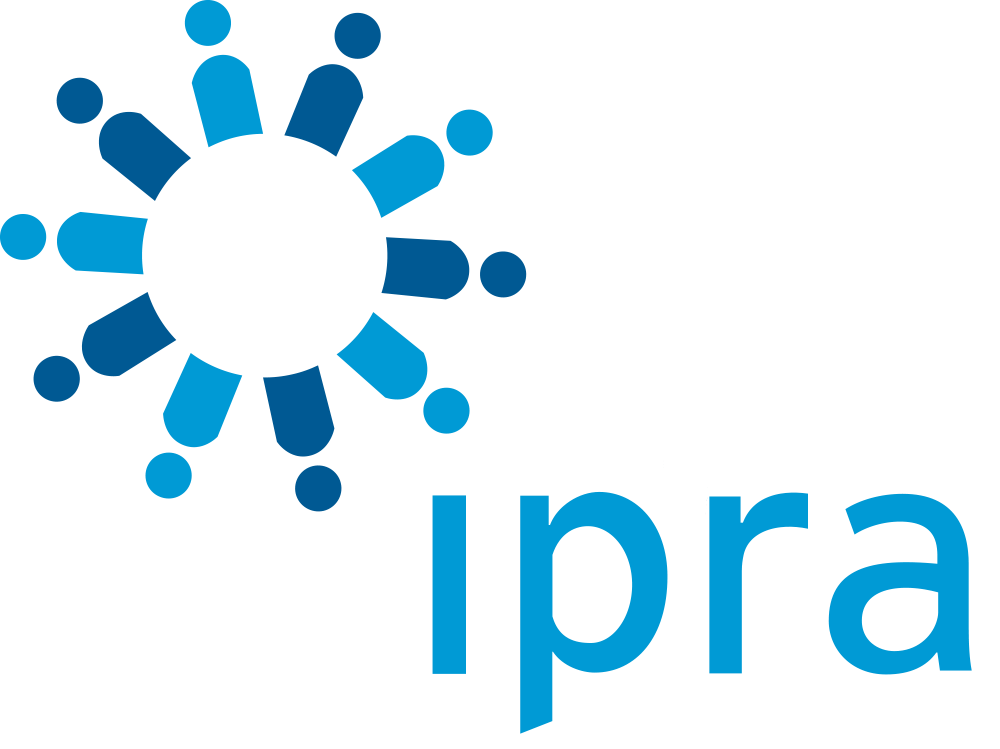ITL #206 How to win: IPRA Golden World Awards 2017
7 years, 5 months ago
(Comments)
IPRA GWA judges share what they look for in a successful campaign and set out the advantages of winning one of these prestigious international PR accolades. By Rob Gray.
On 28 February, the IPRA Golden World Awards 2017 will open for entries. The closing date is 15 May. Mark it in your diary! It’s a golden opportunity that should not be missed.
Ever since its launch in 1990, this high profile, prestigious awards programme has recognised excellence in public relations practice worldwide on an annual basis. Winning a GWA is a sign of true communications achievement, conferring entry into an elite ‘club’. Rather like being the recipient of an Oscar.
Entries are judged on the quality of their research, planning, execution and results. Little escapes the critical collective eyes of the expert Jury, composed of leading figures within the PR industry from across the globe. That is why the bestowal of a GWA brings with it tremendous credibility. Without question, it’s good for business. Only outstanding work is deemed worthy of recognition by IPRA.
It has been my pleasure and privilege to sit on the GWA judging panel on a number of occasions. Every time there have been wonderful surprises, amazing originality and stunning results to marvel at.
Analysing the challenges faced and debating with my fellow judges the merits of how they were resolved through communications activity is without fail incredibly stimulating. There is always much to learn from fresh approaches to insight, creative brilliance, cutting edge comms techniques and rigorous measurement and evaluation. And indeed from the specific obstacles and opportunities unique to particular parts of the world or certain sectors.
There is much to be learnt even from work that is far from ground-breaking. Although of course it is the exceptional entries that stay in the mind and get the judges excitedly sharing their appreciation. No mean feat, as this is a well-informed, demanding audience that cannot easily be impressed. Although it should be added that this is also a very objective and fair-minded group of people that takes circumstances and available resources into account when forming a conclusion.
What judges look for
What, then, are the characteristics of a GWA-winning campaign? What do the judges look for? What blows them away? And what do they personally get out of participating in the judging process? To find out more, I spoke to four of my fellow judges.
“Most entries tend to present a slightly artificial, polished and pumped up view for success,” says Denitsa Sacheva, founder of Intelday Solutions, Bulgaria and a member of the GWA jury on multiple occasions. “That is why for me the most challenging task is to reveal the package of the entry – to see its essence, its real creative, authentic idea – if there is such. A winning campaign is that which was able to identify the real problem, to find an innovative, creative approach and a solution that reached business targets in a socially responsible and ethical way.”
In terms of dos and don’ts for entrants, Sacheva advises: grab attention; keep it short and simple; describe the creative idea; try to present results that show the difference your creative idea made. She adds it is important not to “sell cucumbers to a greengrocer.” By which she means, always be mindful that your entry will be read by professionals.
Jane Hammond, managing director of Trident Training Services, says that apart from mechanical details (research, objectives, target audiences, etc.) what she looks for in a winning campaign is evidence of imaginative flair which stimulates a buzz of excitement and makes her feel proud to be a public relations practitioner. What really stands out is evidence of a programme benefiting humanity – if relevant – or proof of a programme achieving a change in legislation. Any impression of being sold a marketing message leaves her cold.
Widening participation
Eeva-Liisa Vallin, a public relations consultant and lecturer in communications at Satakunta University of Applied Sciences, Finland, would like to see greater participations from Nordic countries like Finland, Sweden and Norway. This region, she argues, generates plenty of high standard campaigns but clients and agencies may be reluctant to enter because taking part requires a commitment to translating text. She would also like to see more entries from small and medium sized enterprises.
It would certainly be a shame if smaller organisations were dissuaded from entering in the mistaken belief that prizes are reserved for the multinationals. This is certainly not the case and my personal experience is that the judges appreciate a mixed bag of entries representing organisations of all shapes and sizes. It’s quality that counts, and that is clearly not the sole preserve of the big beasts.
In fact, Arja Schadewitz, formerly responsible for Media Relations and PR at European paint manufacturer Tikkurila, argues the GWAs are a great leveller. “Those seeking fame will have to compress their best PR projects with colourful illustrations and fancy events into a six-step summary with only 1,800 words,” she says. “Hard? Maybe. Practical? Definitely.
“I think this approach is brilliant. All participants get the same opportunity to enter the competition and be selected one of the finalists. Words will tell us judges what all those entries feel like, not what they look like or sound like. This approach also treats equally entries submitted by large global agencies and those by small new players or in-house PR practitioners. On the preliminary stage of judging, their biggest differences, in my mind, are in the challenges they meet and the issues they address – not in their budget or creativity.
“Every entry makes me feel something: amazement, admiration, wonder, joy, happiness, or leaves me weary or uninterested. If it makes the hair on my arms stand up or brings tears into my eyes, I instantly know that there is something special about it.”
The benefits of winning
As the old saying goes, to the victor the spoils. There are multiple advantages to GWA success.
“The benefits of winning a GWA award are various – recognition, company team motivation, personal esteem,” says Sacheva. “For some companies, it may mean additional business, international connections, possibilities for presenting cases and experience at international forums. Many companies promote their awards in their home countries and this positions them better on local markets.”
Hammond agrees, adding: “Too many individuals and organisations still underestimate the importance of professionally adequate public relations practice or management. Far too many in all walks of life still regard public relations as an activity which is unregulated by professional standards or chartered status. In a context of frequently inadequate command of public relations, winners of GWA awards can promote themselves as shining on the world stage as examples of excellent public relations practice.
“That being the case, it is up to such winners to ensure that they further their careers in public relations and manage to secure good fees or salaries for their work. The winning programmes can add to the burgeoning amount of examples of excellent practice that can serve as case studies for students and examples to show to organisations who need to improve their public relations management.”
As you can see, quality is a recurring theme. If you are behind an excellent, eligible campaign, I and my fellow judges very much hope we will see it among this year’s GWA entries.

The Author
Rob Gray
Rob Gray commissions and edits the IPRA Thought Leadership series of essays and is a regular member of the GWA judging panel. He also works as a business journalist, is a writer and editor for a range of brands and agencies, and has authored corporate histories and other non-fiction books.
mail the authorvisit the author's website
Forward, Post, Comment | #IpraITL
We are keen for our IPRA Thought Leadership essays to stimulate debate. With that objective in mind, we encourage readers to participate in and facilitate discussion. Please forward essay links to your industry contacts, post them to blogs, websites and social networking sites and above all give us your feedback via forums such as IPRA’s LinkedIn group. A new ITL essay is published on the IPRA website every week. Prospective ITL essay contributors should send a short synopsis to IPRA head of editorial content Rob Gray emailShare on Twitter Share on Facebook


Comments